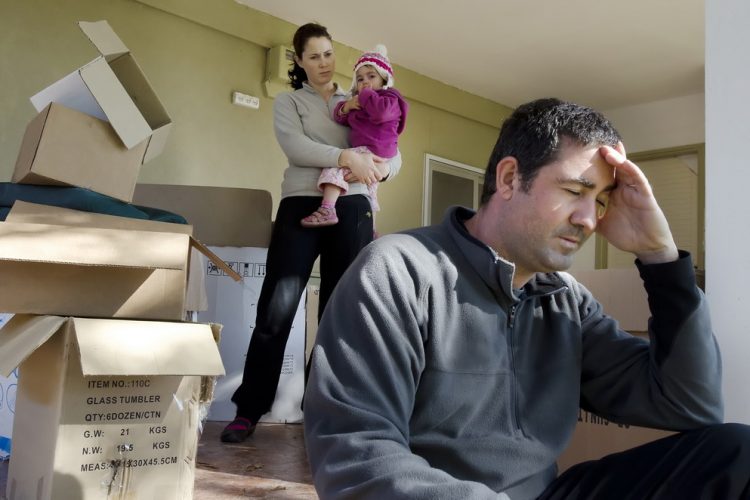Divorce is rarely easy. In many cases, divorce proceedings are best described as contentious. Any such contention is only made worse when children are involved. It can be very difficult for divorcing parents to set aside their personal feelings in order to guarantee what is best for their children. So it is often the children who suffer as a result.
How easily child related issues are resolved relies heavily on how much divorcing parents are willing to cooperate with each other. But there are also attorneys to consider. The Chicago divorce lawyers at ABM Family Law say that opposing attorneys able to work well together can go a long way toward limiting the contention between parties.
What types of child related things do divorce attorneys have to deal with? Here are just four of them:
1. General Child Custody
Given that divorcing parents wind up in separate households, there is the question of who will have primary custody. This is one of the most contentious child related issues in divorce proceedings. It is not unusual for both parents to want primary custody. It is also not unusual for courts to grant joint custody despite children living primarily with one parent.
There is another aspect of custody as well. It involves primary decision-making. In a joint custody situation, both parents have to agree before making life-altering decisions on behalf of their children. In cases where one parent has primary custody, the other parent may not have to be consulted.
2. Financial Support
Minor children are obviously unable to support themselves. Therefore, providing financial support is a priority for divorce courts. Before any divorce agreement is finalized by a judge, they will ensure that arrangements have been put in place to guarantee children are taken care of.
This almost always includes some sort of child support payments. Despite what you may have heard to the contrary, child support payments are equally applicable to both mothers and fathers. It is not necessarily a given that the father will always make child support payments while the mother provides most of the care.
3. Fathers’ Rights
It is maintained by some that fathers have historically been shortchanged when it comes to issues related to their children. So much so that there are attorneys specializing in protecting a father’s rights even when he isn’t married to the mother. In a divorce scenario, any perceived threats to a father’s rights can be addressed by his attorney.
Along with fathers’ rights are some accompanying responsibilities. Previously mentioned child support is a great example. Fathers ordered to pay child support may lose custody and visitation rights if they fail to make said payments.
4. Grandparents’ Rights
Some states, Illinois included, recognize that grandparents have certain rights relating to their grandchildren. Those rights include visitation and some measure of influence over how grandchildren are raised. In the case of an especially contentious divorce, grandparents may have to assert their rights in court because a divorcing son or daughter-in-law is attempting to deprive them of those rights.
The thing about grandparents’ rights is that they are not as clearly defined as parental rights. The law gives courts a lot of leeway in determining just what rights grandparents are entitled to. That’s why family attorneys with experience in this particular area are so valuable.
As this post has demonstrated, child related issues make divorce much more complicated. The goal for any divorcing couple should be to ensure that children do not suffer as a result of their decisions. That is easier said than done when divorce proceedings get contentious.

